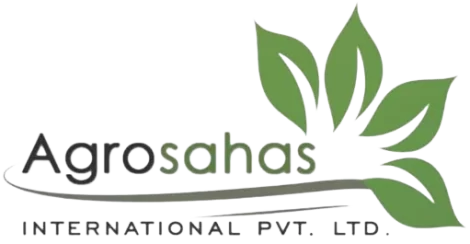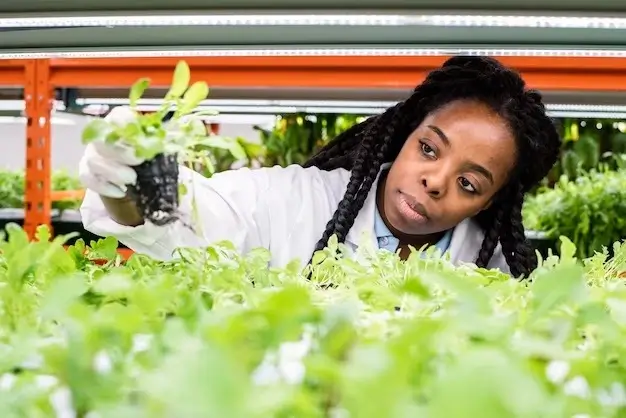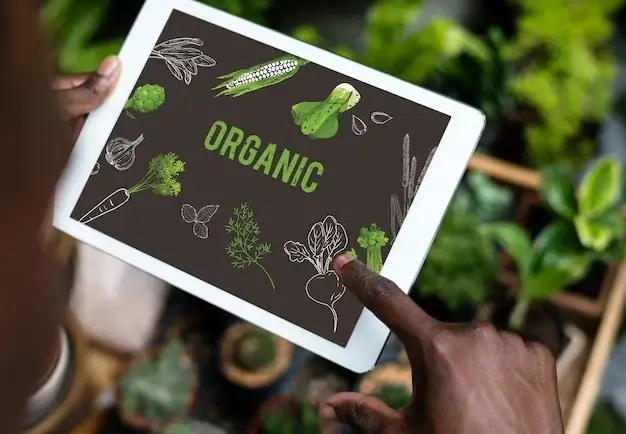The journey from field to table involves a complex process that ensures the production of quality agricultural products. At Agrosahas International Private Limited, we take great pride in our commitment to delivering excellence in agriculture. In this blog post, we invite you behind the scenes to witness the intricate agricultural production process, the significance of raw materials, the role of standardization, and the ISO standards that guide our operations.
The Production of Agricultural Products
The production of agricultural products encompasses the entire lifecycle of creating goods and commodities derived from agriculture. It involves a series of essential steps, such as planting, harvesting, processing, and distribution. Each step plays a crucial role in ensuring the final product meets the highest standards.
Raw Materials in Agro Industries
Agro industries rely on an array of raw materials to produce agricultural goods. The selection of these materials varies according to the type of product. For instance, in the production of agrochemicals, raw materials may include various chemicals and compounds, while in food processing, raw materials comprise ingredients such as grains, vegetables, or fruits. The quality and sourcing of these raw materials are paramount to the quality of the final product.
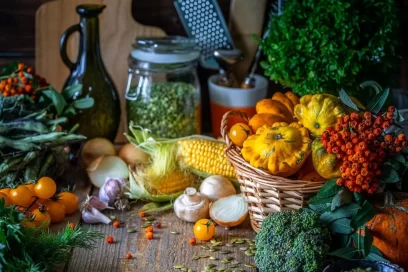
Standardization in Agriculture
Standardization in agriculture is the process of defining and adhering to specific standards, specifications, and guidelines to ensure the quality and safety of agricultural products. It involves setting benchmarks for various aspects of agricultural practices, from food safety and sustainability to labeling and certification. Standardization serves as the foundation for consistency, quality control, and consumer trust in agricultural products.
The ISO Standard for Agriculture
The International Organization for Standardization (ISO) has established several standards relevant to agriculture. The ISO 22000, for instance, deals with food safety management systems, ensuring the safety of food products from production to consumption. ISO 14001 focuses on environmental management systems, promoting sustainable practices in agriculture. These standards provide a framework for agro industries to follow and are essential for meeting global quality and safety requirements.
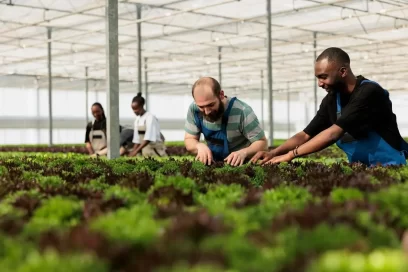
Agrosahas’ Agricultural Production Process
At Agrosahas, our agricultural production process is characterized by precision and attention to detail. We prioritize quality at every stage, from selecting the best raw materials to employing cutting-edge techniques for processing. Our commitment to sustainable and eco-conscious practices also plays a central role in our operations.
The Quality Control Measures
Quality control is integral to our production process. We implement rigorous quality control measures that encompass both physical and chemical analysis. This involves the inspection of raw materials, monitoring of production processes, and thorough testing of final products. Any deviations from set quality standards are identified and addressed promptly to ensure that only products of the highest quality reach the market.
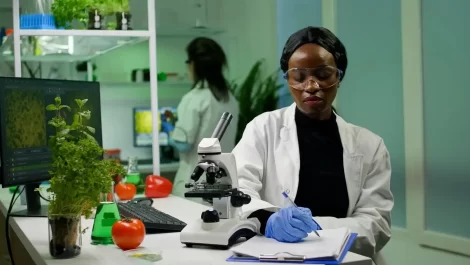
Conclusion
Agrosahas International Private Limited’s journey from raw materials to the finished agricultural products is a testament to our dedication to quality, standardization, and precision. The production of agricultural goods is a multifaceted process that integrates various elements of agriculture, science, and industry.
We’ve delved into the essential components that underpin our operations, such as the significance of raw materials, the role of standardization in agriculture, and the ISO standards that guide us. As we maintain our unwavering commitment to quality and sustainability, we take pride in inviting you behind the scenes to witness the intricate and meticulous process that leads to the creation of quality agricultural products.
With Agrosahas, you can trust that every product reflects the highest standards in agriculture and stands as a testament to our enduring commitment to delivering excellence in the field of agro-industries.
